detail profile jun c5 8ctomo
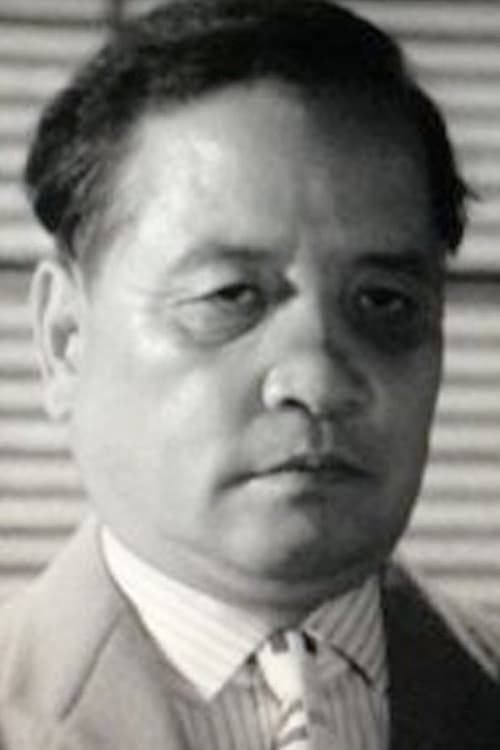
Riwayat Hidup
Originally a music teacher, Jun joined the Toho Mobile Culture Corps during WWII.
He ultimately became active as a character actor in Toho and Shintoho productions in the '50s and '60s.
Noted for his menacing onscreen countenance, he was remembered for his mild-mannered and affable nature in private life.
Info Pribadi
Peran Yang Di Mainkan Jun Ōtomo
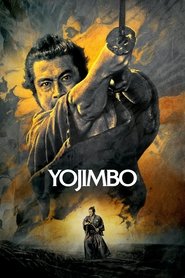 A nameless ronin or samurai with...
A nameless ronin or samurai with...Yojimbo 1961
A nameless ronin, or samurai with no master, enters a small village in feudal Japan where two rival businessmen are struggling for control of the local gambling trade. Taking the name Sanjuro Kuwabatake, the ronin convinces both silk merchant Tazaemon and sake merchant Tokuemon to hire him as a personal bodyguard, then artfully sets in motion a full-scale gang war between the two ambitious and unscrupulous men.
 The murder of the chief official...
The murder of the chief official...Yellow Line 1960
The murder of the chief official of Kobe city's Customs triggers an investigation of a prostitution ring called the 'Yellow Line' that sells Japanese women. A hired assassin is betrayed by his organization, and kidnaps a woman who happens to be the girlfriend of a newspaper reporter.
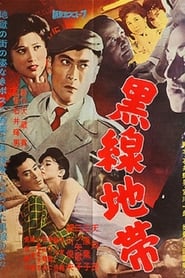 Freelance reporter Scoop Machida is hot...
Freelance reporter Scoop Machida is hot...Black Line 1960
Freelance reporter “Scoop” Machida is hot on the trail of a prostitution ring called the Black Line, when he is framed for the murder of a young woman. Forced to clear his own name, the handsome journalist sinks deeper into the Black Line’s rotten swamp of drugs, prostitution, and murder and finds unexpected help in Maya, a steamy female gambler familiar with the neon-lit streets, shadowy alleyways, and seedy nightclubs he must navigate. The closest film in the Line series to classic American film noir, Ishii’s Black Line is a pulpy assortment of crime film conventions including the starkly expressionistic black and white cinematography by Jûgyô Yoshida, a jazzy music score by Michiaki Watanabe, and a sleazy screenplay by Ishii and Ichirô Miyagawa.
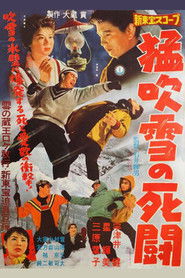 1959 film directed by Teruo Ishii for...
1959 film directed by Teruo Ishii for...Fight to the Death in a Blizzard 1959
1959 film directed by Teruo Ishii for Shintoho.
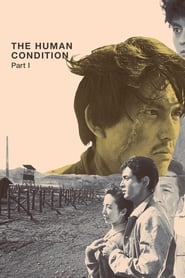 After handing in a report on...
After handing in a report on...The Human Condition I: No Greater Love 1959
After handing in a report on the treatment of Chinese colonial labor, Kaji is offered the post of labor chief at a large mining operation in Manchuria, which also grants him exemption from military service. He accepts, and moves to Manchuria with his newly-wed wife Michiko, but when he tries to put his ideas of more humane treatment into practice, he finds himself at odds with scheming officials, cruel foremen, and the military police.
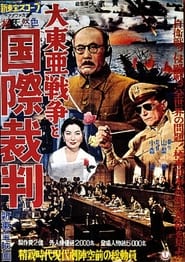 In 1941 overpopulated Japan faces an economic...
In 1941 overpopulated Japan faces an economic...The Pacific War and the International Military Tribunal 1959
In 1941, overpopulated Japan faces an economic boycott and its armed forces push further to the south. And despite negotiations between Japan and the U. S. A. war is declared with the attack on Pearl Harbour. Victories follow for Japan on land and sea and her forces push forward to the borders of India. But gradually the tide turns in favour of the Allies and after the atom bombings of Hiroshima and Nagasaki, Japan is compelled to accept the Potsdam Declaration and by the order of the Emperor agrees to unconditional surrender. Under the supervision of the occupation forces the International Military Tribunal opens in Tokyo to try the Japanese war leaders. Established in the cause of justice, and to prevent future aggressive wars the trials drag on for two and a half years. And on December 23, 1948, General Tojo and six other war leaders mount the thirteen steps to the gallows at Tokyo's Sugamo prison.
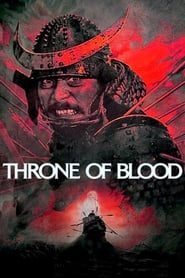 Returning to their lords castle samurai...
Returning to their lords castle samurai...Throne of Blood 1957
Returning to their lord's castle, samurai warriors Washizu and Miki are waylaid by a spirit who predicts their futures. When the first part of the spirit's prophecy comes true, Washizu's scheming wife, Asaji, presses him to speed up the rest of the spirit's prophecy by murdering his lord and usurping his place. Director Akira Kurosawa's resetting of William Shakespeare's "Macbeth" in feudal Japan is one of his most acclaimed films.
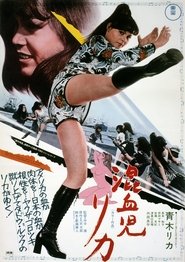 First film of a trilogy following...
First film of a trilogy following...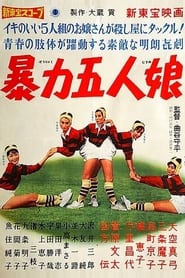 Japanese comedy film
Japanese comedy film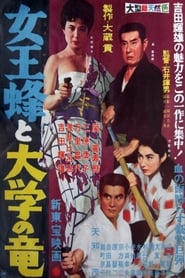 Japanese action film
Japanese action film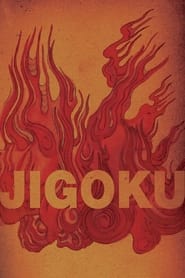 A group of sinners involved in...
A group of sinners involved in...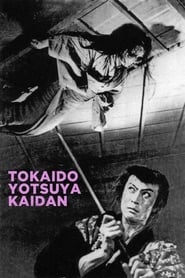 This horror tale relates the consequences...
This horror tale relates the consequences...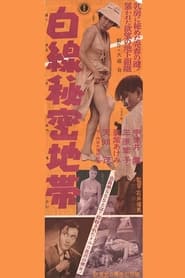 First film in Teruo Ishiis Line...
First film in Teruo Ishiis Line...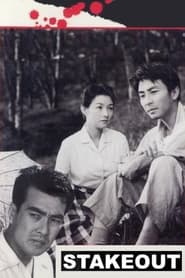 Two detectives begin a stakeout based...
Two detectives begin a stakeout based...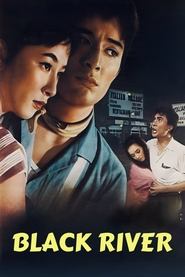 A university student moves into an...
A university student moves into an...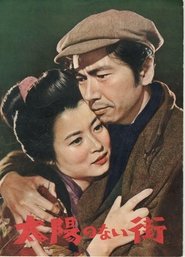
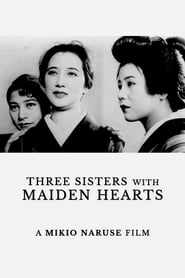 Three sisters earn money for their...
Three sisters earn money for their...